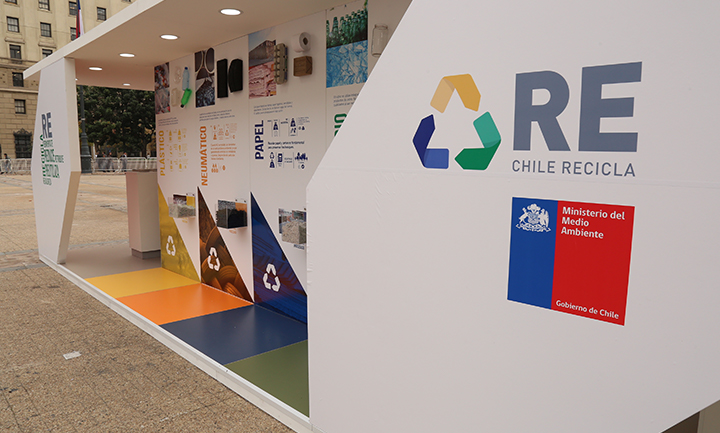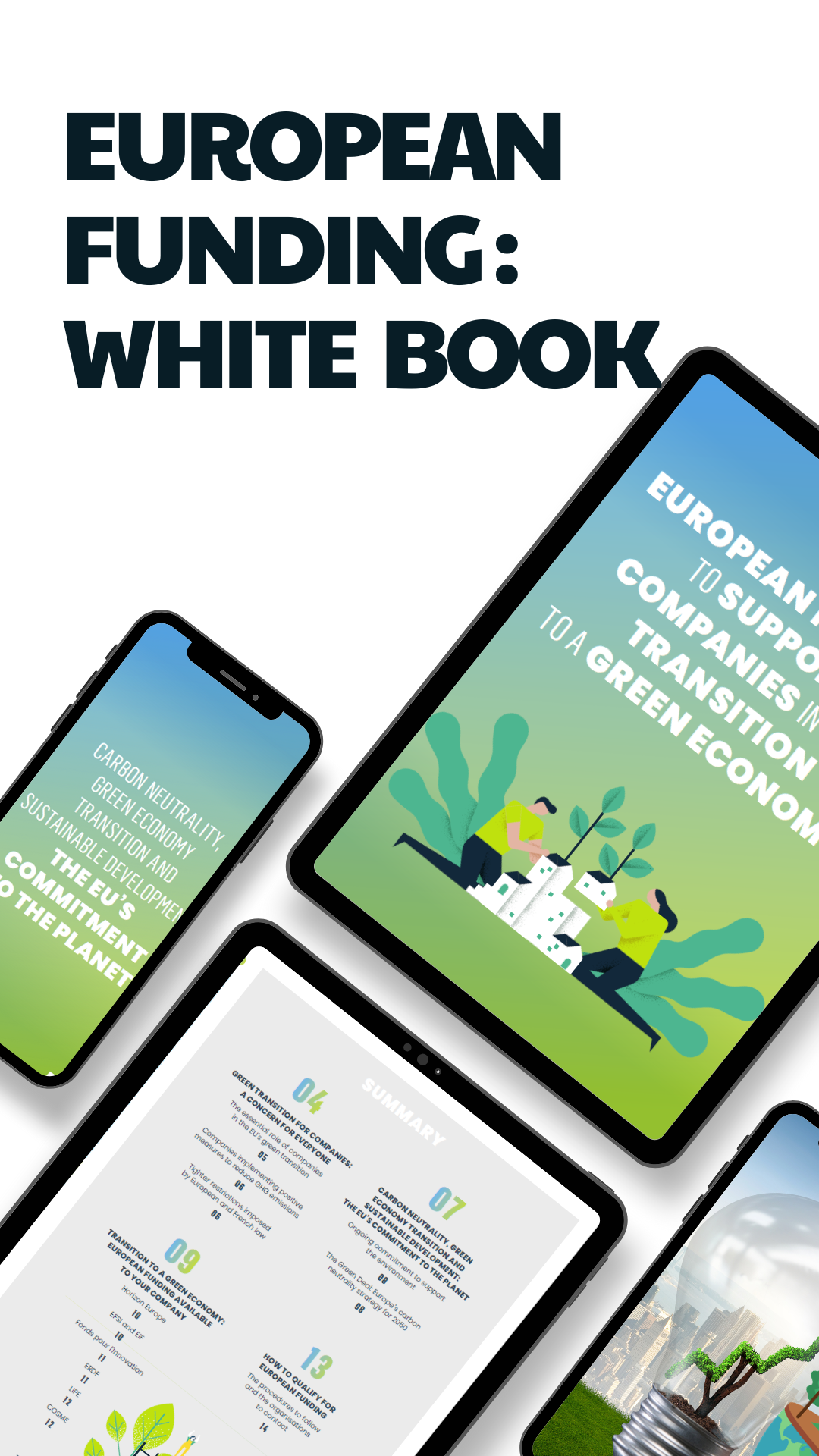In June 2016, Chile took a step forward in terms of the environment by becoming the first country in Latin America to adopt a law relative to recycling and the extended responsibility of producers, the EPR law. The aim of this law is that users hand over used products to an intermediary who then returns these used products to the original manufacturer or the distributor responsible for their recycling.
Six types of products have been given priority status: packaging materials, electrical/electronic devices, lubricating oils, accumulators, batteries and tyres. This measure is essential since only 5% of tyres and 12% of plastic packaging are recovered at the end of their life cycle. Furthermore, there is no system of recovery of batteries in place in Chile.
The law confers new responsibilities on both the private and public sector. $3.4 million (2.8 million Euro) have been allocated to the Chilean Ministry for the Environment for the next five years to finance projects, programmes and actions to reduce waste production in Chile and increase the recovery level of this waste by integrating new environmental management instruments.
The biggest challenge however will be to change the mentality of Chileans. Today, the level of household recycling in Chile is less than 2%. In 2018, the containers, packaging materials and tyres categories will be the first priority products for which recovery and recycling targets will be set.
It is in this context and with the support of our local agent, Augustin De La Brosse, that Pollutec will welcome visitors from Chile to Lyon next November.
To learn more about Pollutec, see our website.




